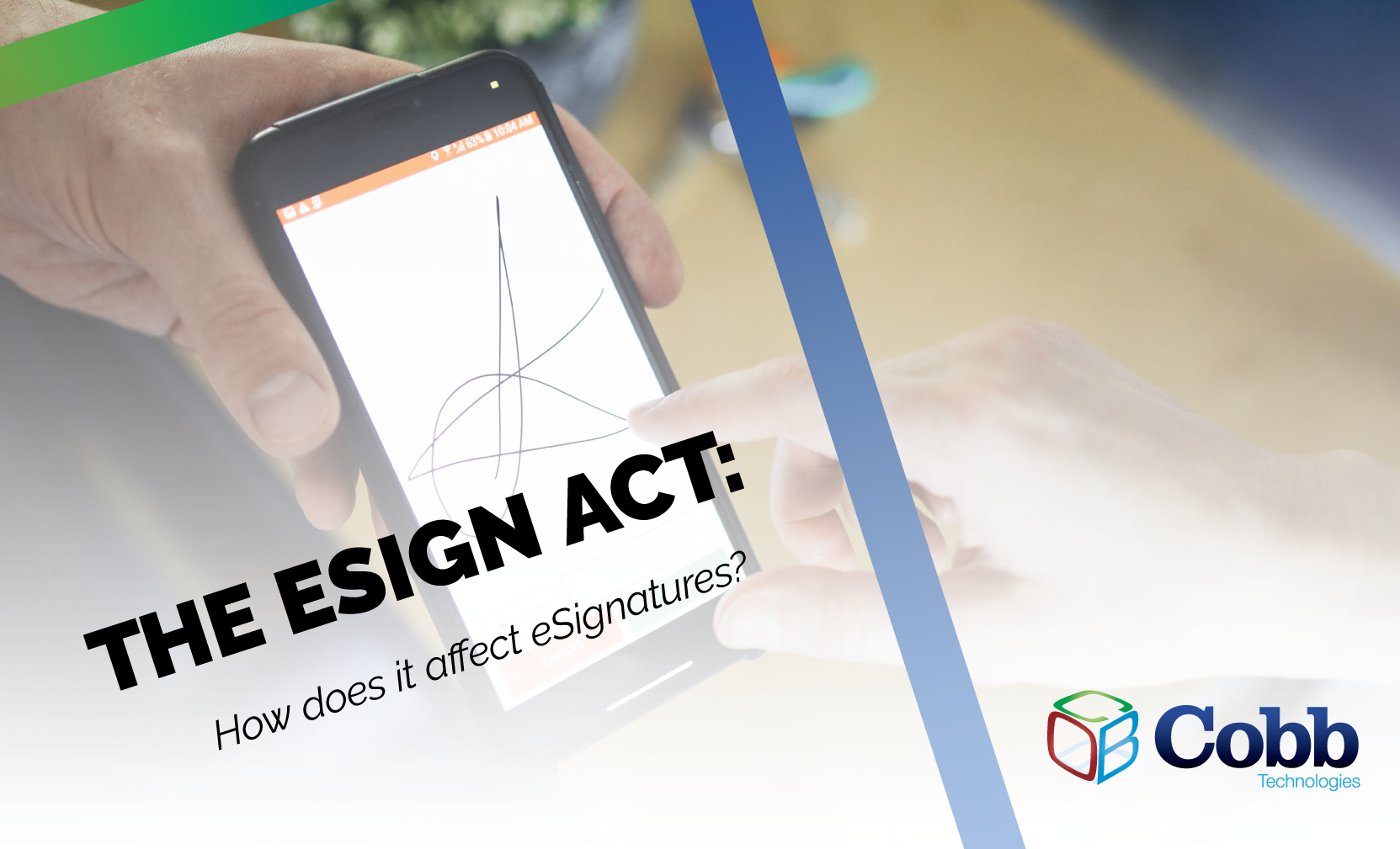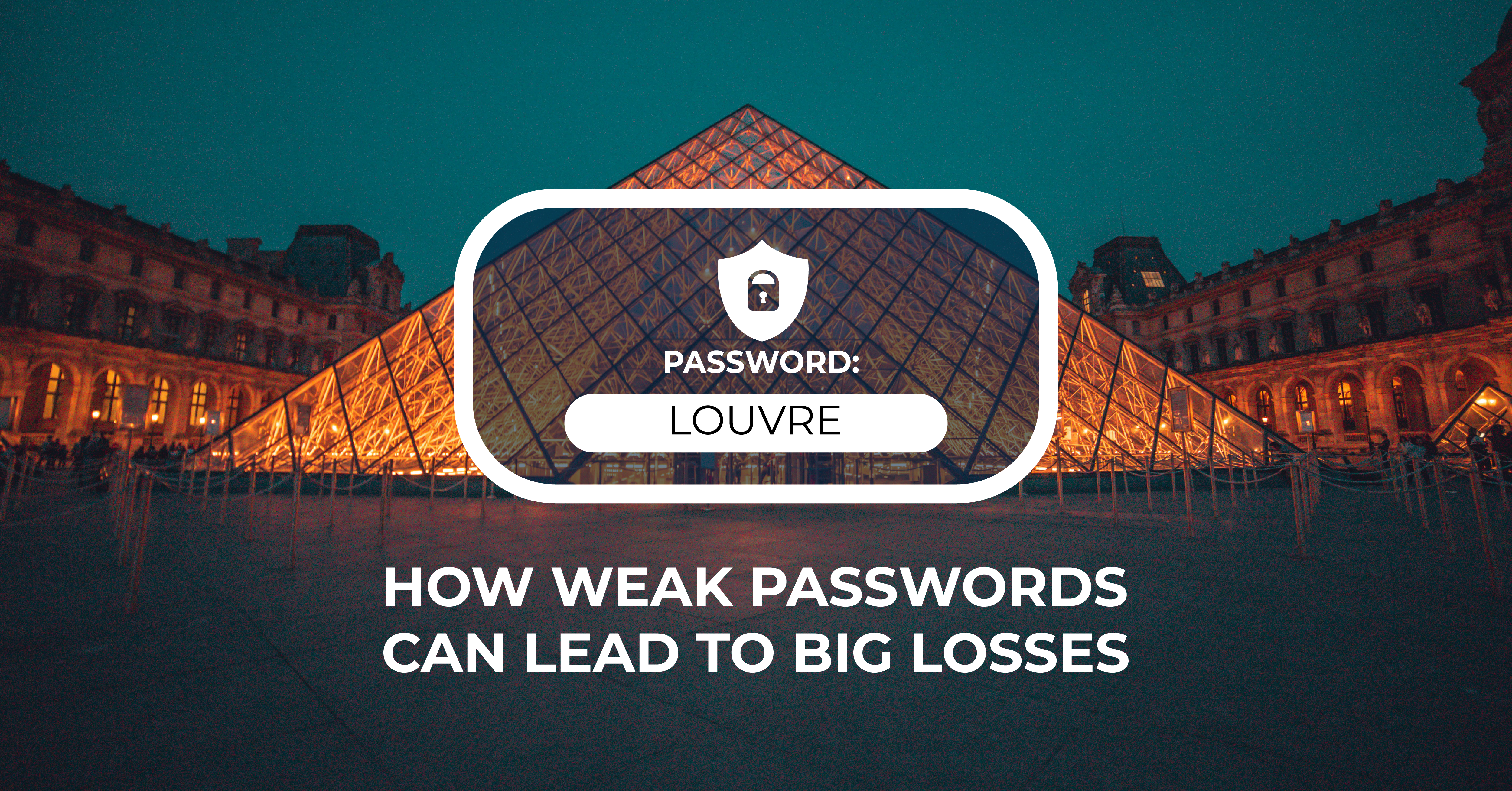11 min read
Best IT Strategies for Law Firms Going Into 2026
Why should a law firm invest in a strong modern IT strategy? Today’s legal teams depend on secure, reliable technology to protect sensitive...
2 min read
Cobb Tech
Aug 19, 2022 12:21:15 PM

Finding the time to print, send, and receive a document simply to collect a signature from a client is a huge use of resources that, given today’s eSignature technology, is frankly unnecessary.
Switching to eSignature software can be a bit of a leap of faith, however. How can you be sure that the signature you collect is legally-binding? The ESIGN Act.
Let’s get down to brass tacks. If you send a client a document for eSignature, is it a legally binding signature? In short, yes. However, it’s important to know why, and the exceptions that can lead to a situation where this isn’t true.
The Electronic Signatures in Global and National Commerce (ESIGN) Act provides the legal framework that makes collecting signatures over a digital medium legally-binding for businesses and private citizens alike.
According to the ESIGN Act, there are four requirements an eSignature must meet in order to be legally-binding:
As long as the eSignature platform you use provides you with the ability to satisfy these requirements, any signature you collect using an electronic method is legally-binding in the United States. If you are conducting business with a company or organization that is outside of the United States, consult this document for a detailed breakdown of eSignature laws.
Luckily, pretty much every eSignature platform you’ve heard of meets the requirements set out by the ESIGN Act. Below, you can find a list of solutions that will provide you with legally-binding eSignatures:
Essentially, if your software asks for permission to collect signatures digitally, and gives you the ability to reference and review signature records, your software will meet the requirements set by the ESIGN Act for what counts as a legally-binding signature.
If you have any questions about eSignature software, or any form of digital solutions to better reach and serve your clients, reach out to us here.

11 min read
Why should a law firm invest in a strong modern IT strategy? Today’s legal teams depend on secure, reliable technology to protect sensitive...

2 min read
The Louvre’s password became the punchline of a global story after a heist revealed major security concerns for the museum. Reports say the password...

6 min read
Organizations of all sizes handle enormous volumes of data. Data is one of the most valuable assets of any organization.Unfortunately, it’s also a...